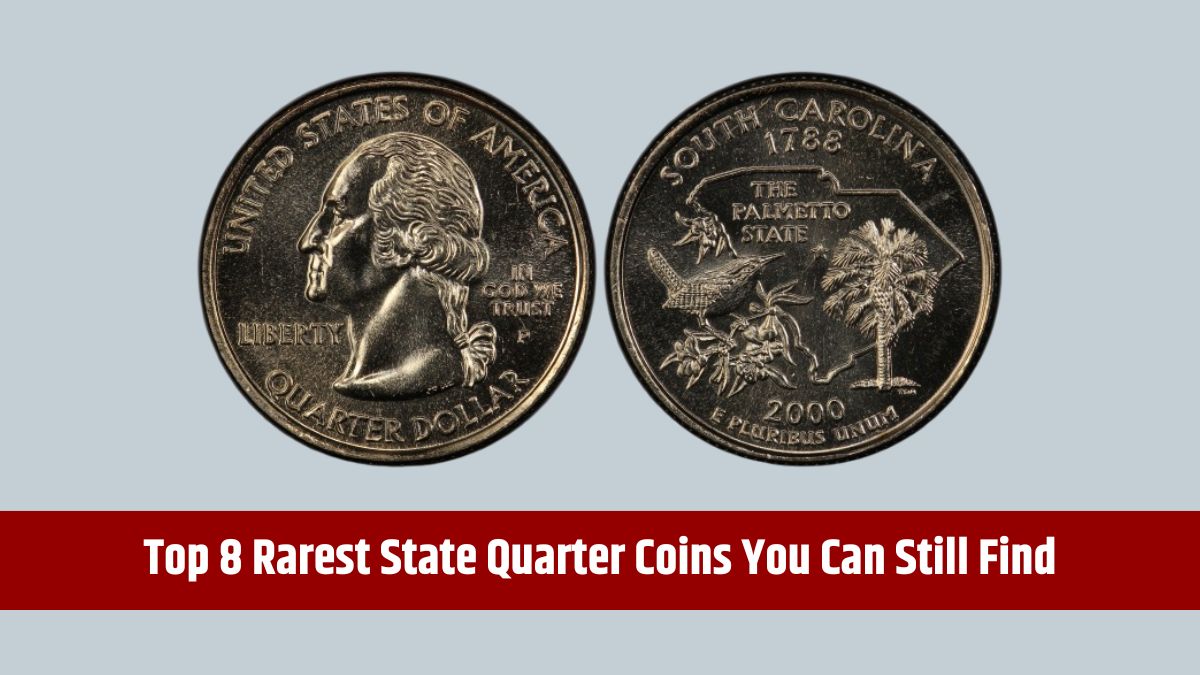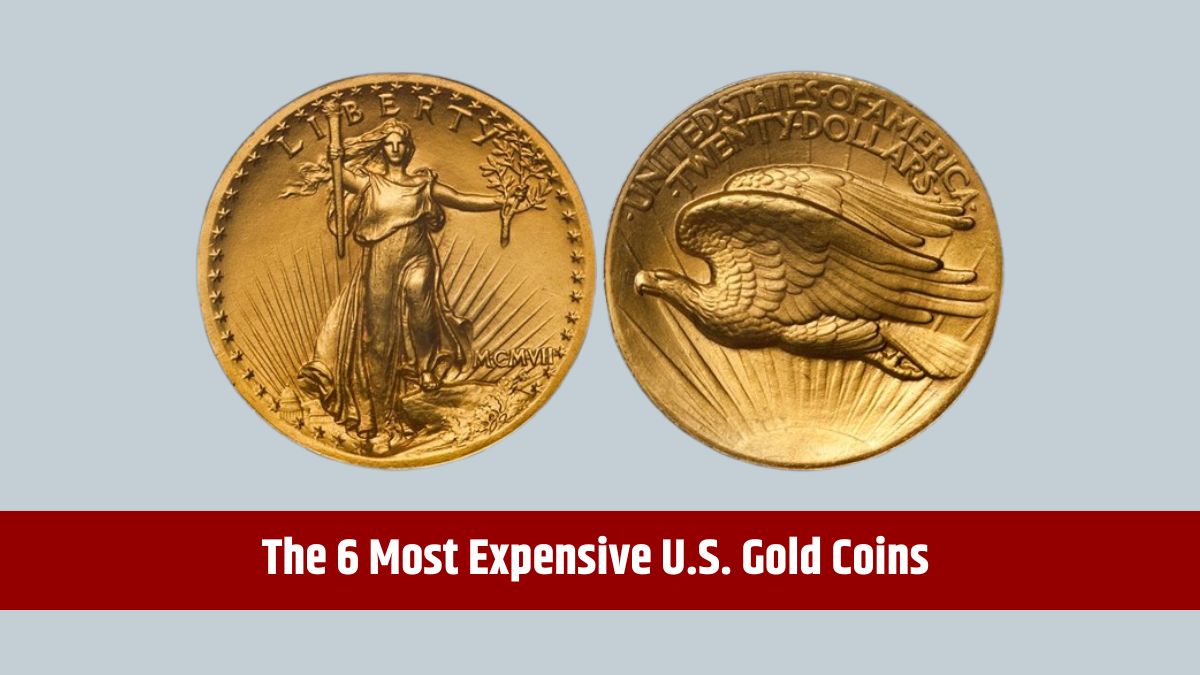Colorado residents may have some financial relief on the horizon thanks to the Taxpayer’s Bill of Rights (TABOR). This constitutional amendment, designed to limit government revenue retention and spending, has resulted in billions of dollars being refunded to taxpayers over the years. With additional stimulus payments expected in 2025, residents have an opportunity to offset some of their rising expenses. Here’s what you need to know.
TABOR
The Taxpayer’s Bill of Rights (TABOR), enacted in Colorado in 1992, ensures that state and local governments cannot retain excess revenue without returning it to taxpayers. Under TABOR:
- Governments are limited in how much revenue they can keep and spend.
- Any tax increases or spending of excess revenue due to inflation or population growth require voter approval.
- Surplus revenue is refunded to taxpayers.
To date, TABOR has refunded over $2 billion to Colorado residents, providing relief in a state known for its high cost of living, particularly in cities like Boulder and Denver.
Refunds
For the current year, single filers received a stimulus payment of $800, while married couples filing jointly received $1,600.
Payments
In 2025, taxpayers will receive additional refunds based on their gross income and filing status, as shown below:
| Income Bracket | Single Filers | Married Filing Jointly |
|---|---|---|
| Up to $53,000 | $181 | $362 |
| $53,001 to $107,000 | $241 | $482 |
| $107,001 to $172,000 | $277 | $554 |
| $172,001 to $243,000 | $330 | $660 |
| $243,001 to $320,000 | $355 | $710 |
| Over $320,001 | $571 | $1,142 |
Eligibility Requirements
To qualify for the 2024 stimulus payment, residents must:
- Be a Colorado resident for at least half of the 2024 tax year.
- Be 18 years or older by January 1, 2025.
- File a 2024 tax return or submit a personal tax credit form by April 15, 2025.
Why TABOR Matters
TABOR serves to limit government overreach by ensuring tax increases are subject to voter approval. It aligns government revenue growth with inflation and population changes, protecting taxpayers from unnecessary tax hikes.
California’s Model
States like California, which lack TABOR-like protections, have taken a different approach to taxation. California frequently raises taxes to fund programs and balance budgets, resulting in:
- Higher income taxes: Among the highest in the nation.
- Increased property and sales taxes.
- A heavier burden on middle- and lower-income residents.
While this approach allows California to fund extensive infrastructure, education, and social programs, it often leaves residents with significant tax obligations. Colorado’s TABOR model prevents such burdens, ensuring taxpayers retain more control over their finances.
Claim Your Stimulus Payment
If you’re eligible for the TABOR refund, here are a few tips to ensure you receive your payment:
- Verify Your Residency: Make sure you meet the six-month residency requirement for 2024.
- File Your Taxes: Submit your tax return or personal tax credit form by April 15, 2025.
- Plan for the Refund: Consider using the stimulus payment to offset holiday expenses or start saving for 2025’s financial goals.
Final Thoughts
TABOR continues to provide a financial lifeline for Colorado residents, ensuring tax refunds during years of surplus revenue. With stimulus payments set to roll out in 2025, taxpayers have an opportunity to alleviate financial pressures and prepare for the coming year.
By maintaining a system that prioritizes taxpayer approval and transparency, Colorado offers a model of fiscal responsibility that ensures citizens have a direct say in how their taxes are managed.
FAQs
What is the TABOR refund?
The TABOR refund returns excess government revenue to Colorado taxpayers.
How much is the 2025 TABOR stimulus?
Refunds range from $181 to $571 for individuals and $362 to $1,142 for joint filers.
Who qualifies for the TABOR payment?
Colorado residents aged 18+ who meet tax filing requirements.
When must taxes be filed for the TABOR refund?
File by April 15, 2025, to qualify for the 2024 stimulus payment.
How does TABOR protect taxpayers?
TABOR limits government spending and requires voter approval for tax increases.






